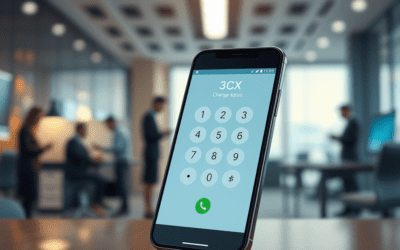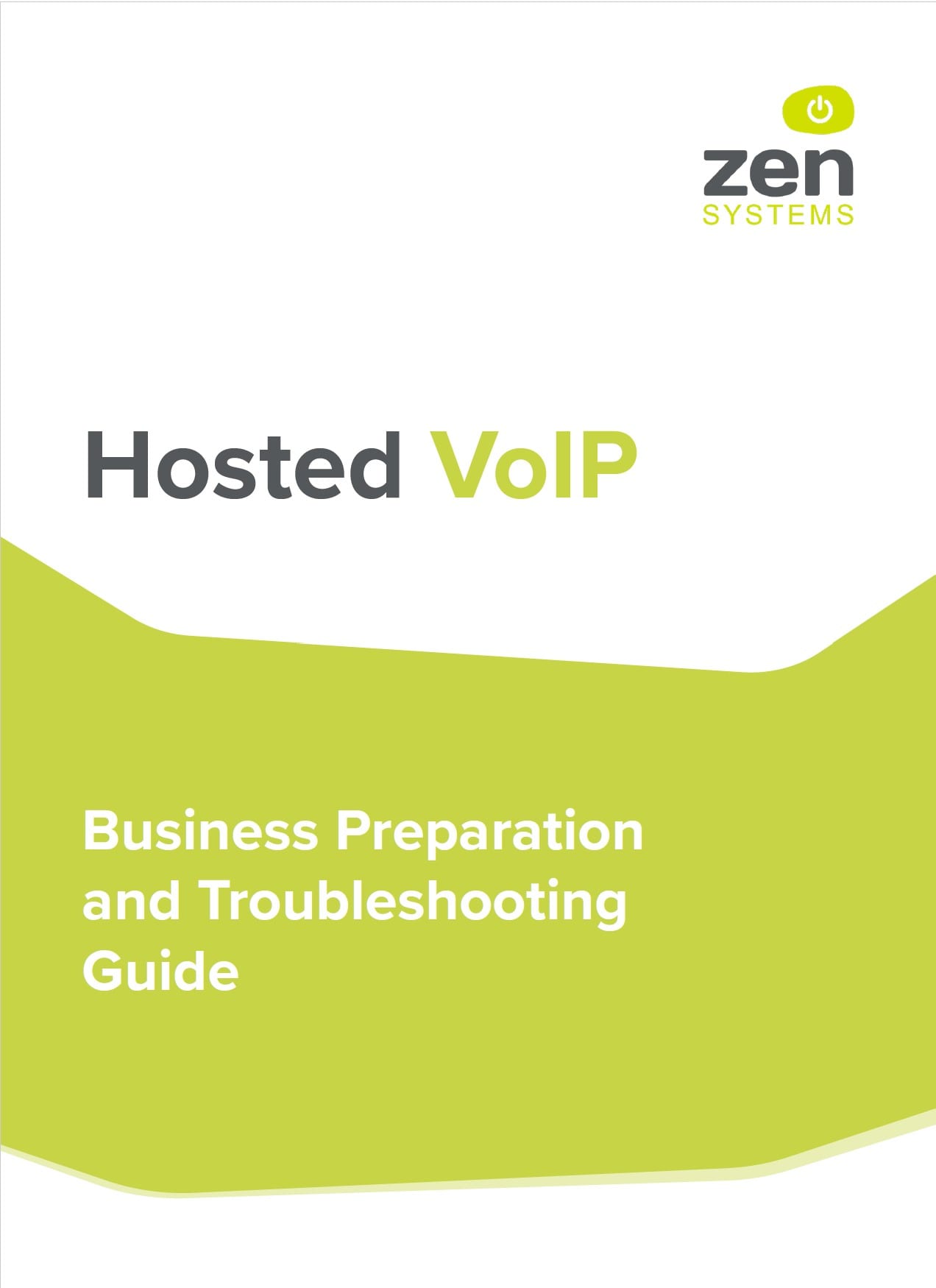If your internet went down right now, would it matter? For most businesses, the answer is a resounding “yes”.
Yet, only 25% of enterprises hit by internet outages last year could mitigate these circumstances.
Downtime costs businesses dearly. Research reveals UK companies lost £7 billion due to broadband outages in 2016, with an average wait of six hours for every outage. What’s more, almost 82 million productive hours were lost, with the average UK firm suffering two major outages in 2017.
Research from Gartner reveals the average cost of IT downtime is $5,600 per minute, with costs ranging from $140,000 per hour for small businesses to $540,000 per hour for large organisations. Further research from the Ponemon Institute estimates companies lose a whopping $22,000 for every minute of downtime during a DDoS attack.
While the exact amount you may lose depends on the size and nature of your business, even short outages can have a significant impact on your bottom line. For example, the Virgin Blue airline lost $20 million during an 11-day period of IT outages in 2010.
Disruptions to your service will also adversely affect your business reputation, resulting in customers and stakeholders losing trust in your brand. More than one-third of UK consumers believe a non-functioning website immediately damages their opinion of a business, which they will consequently regard as ‘unprofessional’ and ‘poorly managed’, according to a recent study.
Having a reliable backup solution is clearly a vital (but often overlooked) component of your wider disaster recovery strategy. So, where do you start?
The challenges with traditional failover
You could use a traditional failover circuit, which is where you connect to a second wired circuit from another ISP. If an outage occurs, an on-site switch then transfers your traffic to this secondary path.
However, for this setup, your secondary wired path is located in the same physical location as your primary circuit. So, if your outage is the result of a localised event (such as a power cut) then your secondary path will be compromised too.
What’s more, you may not be able to switch back to your primary path once the connectivity issue has been resolved without calling out an engineer. This adds further cost and inconvenience to restore your connection.
A mobile solution
The 4G mobile network is a popular alternative to slow ISDN, DSL or wireless connections for consumers. But many businesses don’t realise that 4G networks are also a highly effective backup solution for your corporate connectivity issues.
By incorporating a 4G backup connection into your network, you can keep your business up and running even if your primary connection drops. So, you won’t suffer from any significant financial and productivity losses.
In a recent survey, two-thirds of US organisations have seen increased productivity as a result, 47% have cut costs, and more than one-third claim they have won more business. Furthermore, when asked if 4G has helped their organisations ‘innovate and jump the competition’, more than three-quarters agreed that, yes, it does.
4G Backup Broadband is also fast to set up and relatively simple compared to wired backup connections and has some inherent benefits over previous generation (3G) networks, which makes it suitable for corporate connectivity:
- True broadband speeds: 4G provides higher bandwidth (data speeds) of up to 300Mbps download and 50Mbps upload with the latest 4G modems, compared to the 3G network.
- Improved network responsiveness: due to low latency and lower idle-to-active times.
- High spectrum efficiency: which provides a higher network capacity, improved cost efficiency
- Backwards compatibility: to future-proof your network.
- All IP network: so integration is easier and cost efficiency is improved.
- Enhanced security measures: to protect your business and provide a superior quality of service.
The next generation mobile network, 5G, is also just around the corner and you can expect to realise data speeds of >100 Mbps when it rolls out in the UK in late 2019. As such, we predict more businesses will use mobile networks to backup their critical corporate connections as 5G unleashes a new paradigm of connectivity in the UK.
Are there any limitations to using 4G backup broadband?
Data charges will apply if you use a 4G wireless backup link. However, with Zen Systems’ ‘Mobile Manager’, we can design your 4G mobile backup solution to automatically assign data bolt-ons. So, you don’t incur high overage charges, and the connection isn’t interrupted if a certain amount of data is used.
If you have services like CCTV that require constant monitoring and remote access, you may also need a fixed IP address that allows you to open ports on your firewall, in the same way you do with your primary connection. These 4G connections with static IP addresses are great for construction sites or temporary locations that require internet access with remote monitoring and support.
In conclusion
As it stands, 4G Backup Broadband is a valuable weapon in today’s wider disaster recovery arsenal. If you’d like to find out more about 4G backup solutions and the full spectrum of tools you could use to provide seamless connectivity to your enterprise and customers, contact us today.







0 Comments